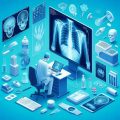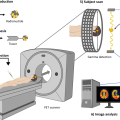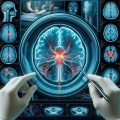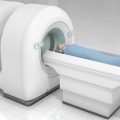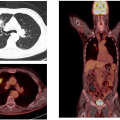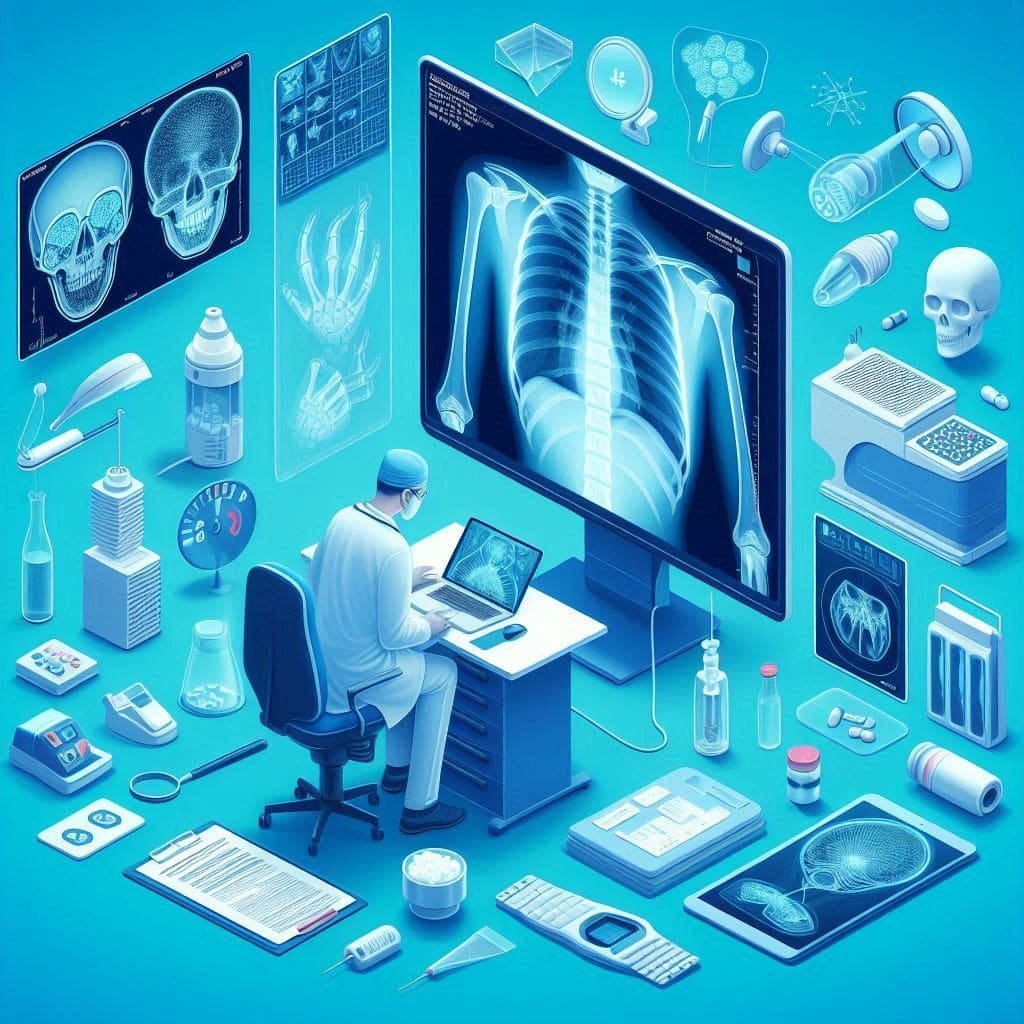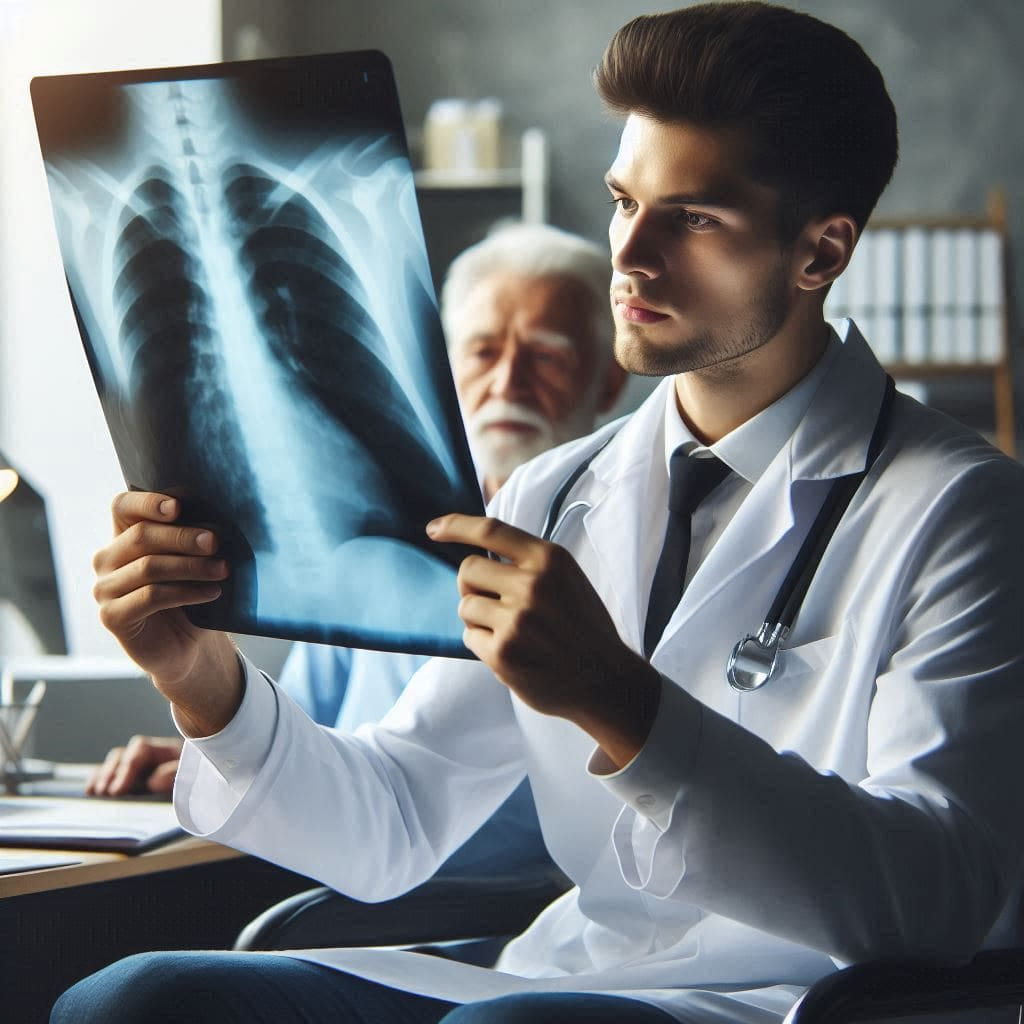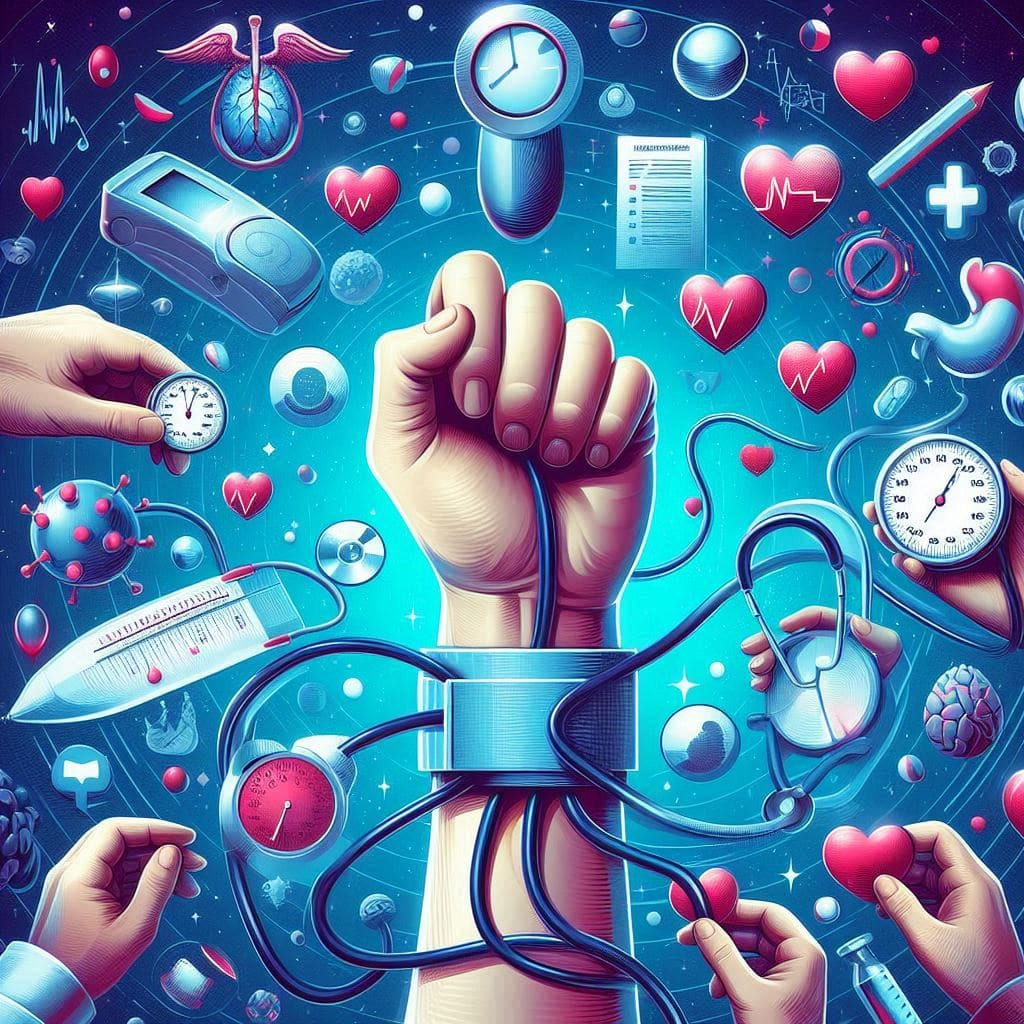
What are the Symptoms of High Blood Pressure?
What are the Symptoms of High Blood Pressure? Are You Experiencing Them Without Knowing?
High blood pressure is a common medical condition affecting millions of people worldwide, and its symptoms may not be noticeable at first. At Dokki Scan, we recognize the importance of awareness about the symptoms of high blood pressure and how to identify them early. This article will cover the common and severe symptoms of high blood pressure and help you determine if you might be experiencing them without realizing it. We will also discuss the importance of consulting a doctor in a timely manner and how to manage the condition effectively.
High blood pressure, also known as “the silent killer,” is a condition characterized by increased pressure exerted by the blood on the walls of the arteries. This increased pressure can lead to serious health complications such as heart disease, stroke, and kidney failure. If high blood pressure is not treated appropriately, the health risks can be significant. Therefore, recognizing the symptoms of this condition and knowing how to address it is crucial for maintaining good health.
Common Symptoms of High Blood Pressure
High blood pressure may not cause noticeable symptoms in its early stages, but there are some common symptoms that may indicate a problem. Understanding these symptoms can help you take appropriate actions to avoid more severe health complications.
One common symptom that may indicate high blood pressure is headache. Headaches associated with high blood pressure are often severe and persistent, and they are typically felt in the back of the head or the forehead. This headache may be accompanied by a feeling of pressure or heaviness. If you suffer from frequent or severe headaches, it may be necessary to measure your blood pressure to determine the cause.
Dizziness or lightheadedness is another common symptom that could be related to high blood pressure. Dizziness can occur due to the impact of high pressure on the circulatory system, leading to reduced blood flow to the brain. If you experience dizziness or lightheadedness persistently or suddenly, it may be necessary to have your blood pressure checked.
Feeling of chest tightness is also a common symptom that may be related to high blood pressure. When blood pressure rises, it can increase the strain on the heart and blood vessels, causing a feeling of tightness or pain in the chest area. If you experience chest pain, especially if it is accompanied by other symptoms such as shortness of breath, you should consult a doctor immediately.
Changes in vision could be an indicator of high blood pressure. High pressure can affect the blood vessels in the eyes, leading to blurred vision or changes in vision. If you notice unusual changes in your vision, such as seeing dark spots or blurriness, it might be useful to have your blood pressure checked to determine the cause.
Fatigue and exhaustion are also symptoms that may result from high blood pressure. People with high blood pressure may feel persistent fatigue due to the impact of high pressure on the body as a whole. If you feel tired without a clear reason, it might be helpful to check your blood pressure.
Severe Symptoms Requiring Immediate Medical Attention
Some symptoms can be more severe and require immediate medical attention. It is crucial to recognize these symptoms as they may indicate a medical emergency that requires prompt intervention.
Severe chest pain is one of the symptoms that may indicate a medical emergency such as a heart attack. If you experience sharp pain in the chest area, which may be accompanied by a feeling of pressure or heaviness, this could be a sign of a heart attack. The pain may radiate to the arms or jaw. If you experience severe chest pain, you should go to the emergency room immediately.
Difficulty breathing may also be a severe symptom associated with high blood pressure. Shortness of breath can result from the heart’s inability to pump blood efficiently due to high pressure. If you experience difficulty breathing, especially if it is accompanied by chest pain, you should seek medical help immediately.
Disorders in consciousness, such as confusion or loss of consciousness, can be severe symptoms requiring immediate medical attention. High blood pressure can increase the risk of stroke, which can lead to problems with consciousness. If you notice any changes in your awareness or cognition, you should consult a doctor immediately.
Problems with speech and movement are other symptoms that may indicate a medical emergency. High blood pressure can cause neurological effects, leading to difficulty speaking or loss of movement ability. If you experience difficulty speaking or moving, you should consult a doctor immediately.
Sudden swelling in the extremities, such as hands or feet, can also be an indicator of high blood pressure. This swelling can occur due to increased pressure on the blood vessels. If you notice unexplained swelling in your extremities, you should seek medical attention.
Diagnosis and Treatment
Diagnosing high blood pressure requires regular medical check-ups to measure blood pressure. These check-ups can help detect the condition early and provide appropriate treatment before it develops into more serious health issues. It is important to have a regular schedule for these check-ups to ensure that your blood pressure remains within the normal range.
Treatment for managing high blood pressure includes lifestyle changes such as improving diet, exercising regularly, and quitting smoking. A healthy diet includes reducing sodium intake, consuming high-fiber foods, and increasing the intake of fruits and vegetables. Regular exercise can help improve heart health and lower blood pressure. Quitting smoking reduces the effects of high blood pressure on blood vessels. Managing stress also plays a significant role in controlling blood pressure, and relaxation techniques such as yoga or meditation can be used for this purpose.
In some cases, medications may be required to lower blood pressure. The medications used vary based on the individual patient’s condition and health history. It is essential to consult a doctor for a personalized treatment plan based on your health status.
To Summarize the Topic: What are the Symptoms of High Blood Pressure? Are You Experiencing Them Without Knowing?
High blood pressure is a significant medical condition that should be taken seriously. Understanding the symptoms of high blood pressure, whether common or severe, can help you take appropriate actions to protect your health. If you experience any of the mentioned symptoms or have a family history of heart disease, it is crucial to be aware of the importance of regular medical check-ups. At Dokki Scan, we are here to support you and provide the necessary healthcare to ensure the well-being of your heart and protect you from potential complications. If you need medical advice or support, do not hesitate to visit Dokki Scan for the care you need to maintain your health.
Be sure to monitor your blood pressure regularly and take preventive measures to maintain its health. Good knowledge of the symptoms and early diagnosis can be the key to preventing major health problems and ensuring a healthy and active life. At Dokki Scan, we are here to support you every step of the way towards better health.
Latest Blogs
- All Posts
- Blog

